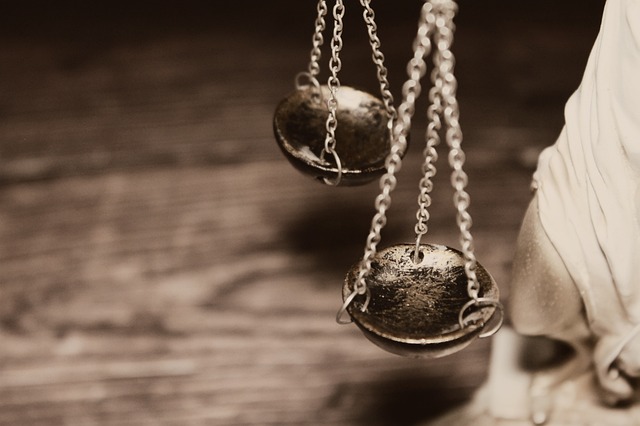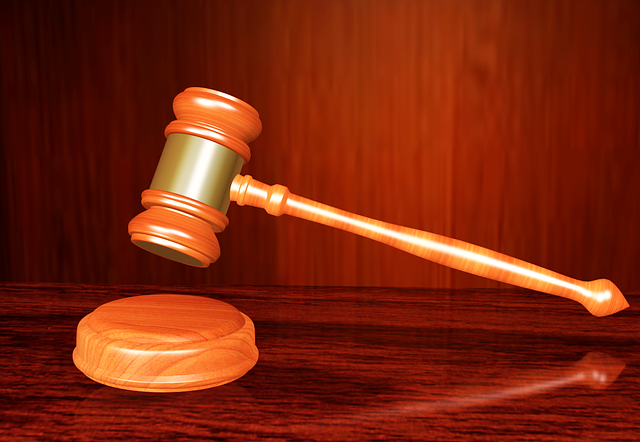Accident injury valuations require a detailed understanding of various physical traumas and their unique implications. Tailored considerations are needed based on accident types, with evidence like medical records, witness statements, and police reports crucial for accuracy. Consulting an experienced attorney is vital for complex cases, ensuring fair compensation by navigating state laws and assessing injury severity.
Accident injury valuations are crucial for fair compensation. Understanding the types of potential injuries, gathering comprehensive evidence including medical records, and consulting a seasoned personal injury attorney are essential steps in this process. Each type of accident carries unique injury risks, so recognizing these can significantly impact your final settlement. Promptly documenting your experiences and seeking professional legal guidance enhances the accuracy of your valuation, ensuring you receive the rightful damages for your injuries.
- Understand the Types of Accident Injuries
- Gather Evidence and Medical Records
- Consult an Experienced Personal Injury Attorney
Understand the Types of Accident Injuries

Accident injury valuations heavily depend on understanding the types of injuries incurred. Common physical traumas range from soft tissue damage, including sprains and strains, to more severe fractures and head trauma. Each injury has its own set of medical implications, recovery timelines, and potential long-term effects, all of which significantly impact the final valuation.
Different types of accidents, such as car collisions, truck accidents, slips and falls, or product liability incidents, often result in distinct injury patterns. For instance, a truck accident attorney would consider not only the driver’s physical injuries but also any occupational impairments, while handling a homeowner insurance claim might involve assessing minor injuries alongside property damage. Recognizing these variations is crucial for determining an accurate accident injury valuation.
Gather Evidence and Medical Records

After an accident, gathering evidence and medical records is a crucial step in achieving an accurate accident injury valuation. This process involves collecting any physical evidence that can support your claim, such as photographs of injuries or damaged property, witness statements, and police reports. Additionally, obtaining complete and detailed medical records from all healthcare providers involved is essential to documenting the extent of your injuries and their impact on your life.
These documents play a pivotal role in accident injury valuation, especially when navigating insurance disputes or elder law issues where a breach of fiduciary duty may be suspected. They provide concrete evidence that can help demonstrate the severity of the injuries, the need for ongoing treatment, and any loss of quality of life—all factors that contribute to a fair compensation amount.
Consult an Experienced Personal Injury Attorney

When dealing with personal injury claims, especially complex cases like nursing home neglect or elder law issues, consulting an experienced attorney is a crucial step in achieving an accurate accident injury valuation. Legal representation from a specialist in this field can significantly impact the outcome of your case. These professionals have in-depth knowledge of state laws and regulations related to personal injuries, which are often intricate and vary by jurisdiction.
An accomplished personal injury lawyer will guide you through every step of the process, ensuring that all relevant details and evidence are considered. They will evaluate your medical records, gather witness statements, and assess the severity of your injuries to calculate a fair compensation amount. Their expertise can help navigate the often complex and time-sensitive nature of personal injury cases, especially when dealing with institutions like nursing homes where neglect or misconduct may have occurred.
Accurately valuing an accident injury is a crucial step towards achieving fair compensation. By understanding various types of injuries, gathering comprehensive evidence including medical records, and consulting a seasoned personal injury attorney, you can navigate the complexities of insurance claims effectively. These steps empower you to secure the appropriate financial settlement for your accident-related damages.






